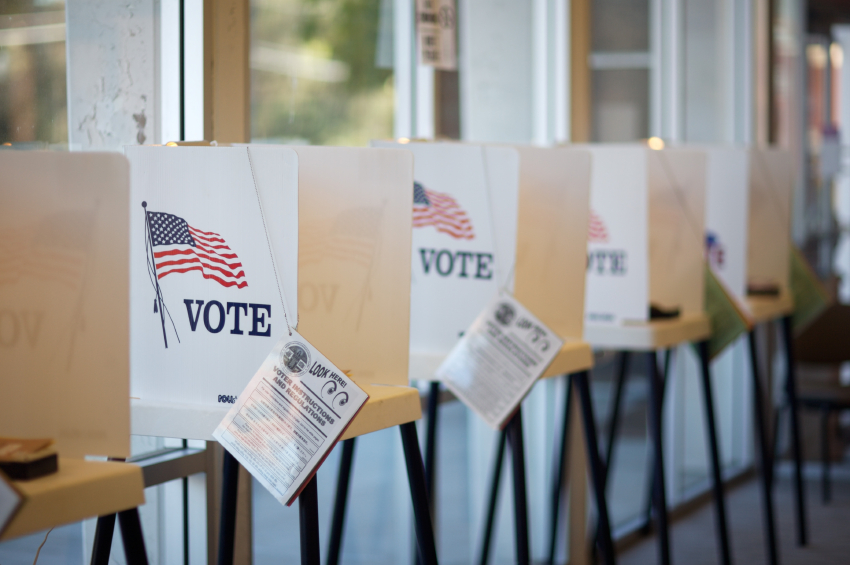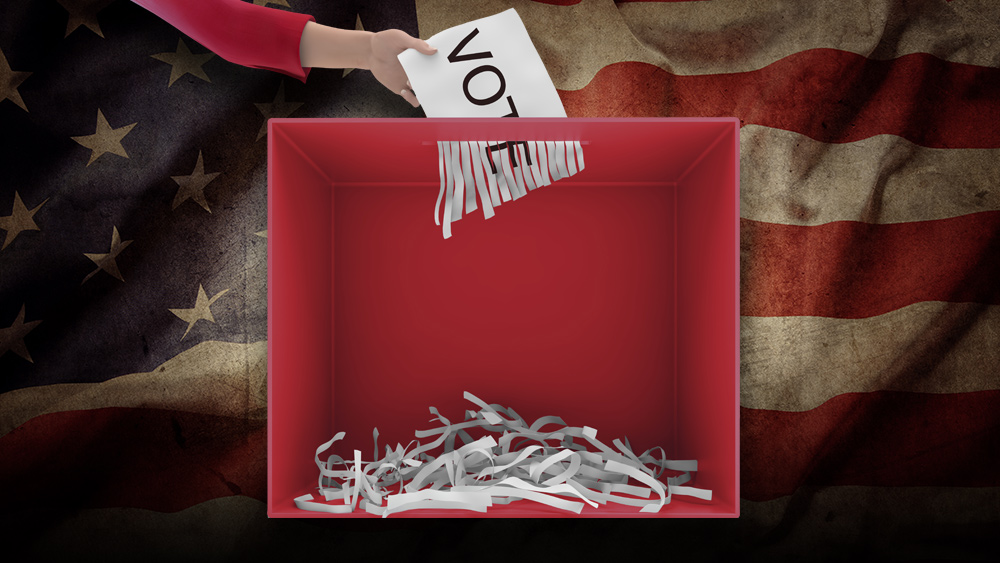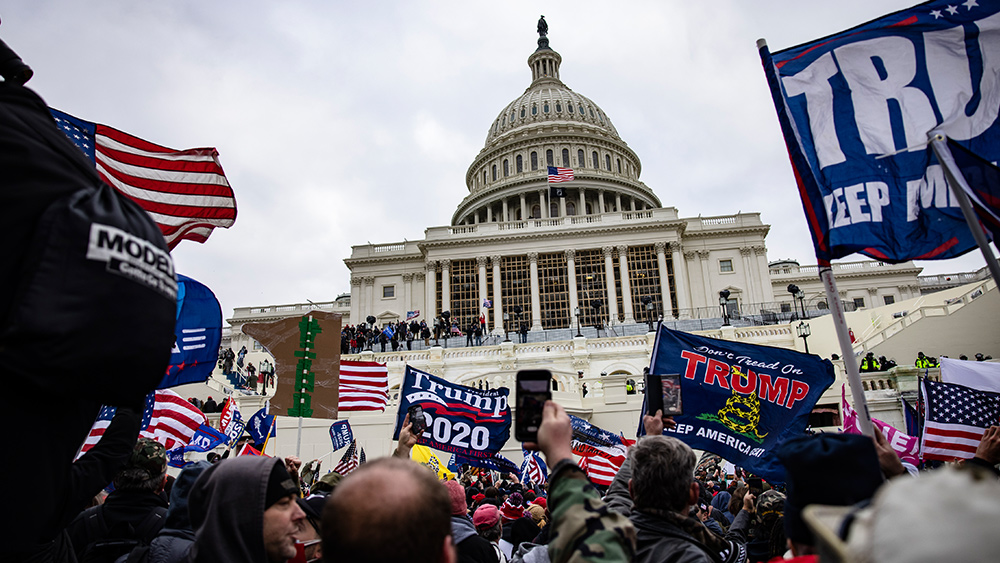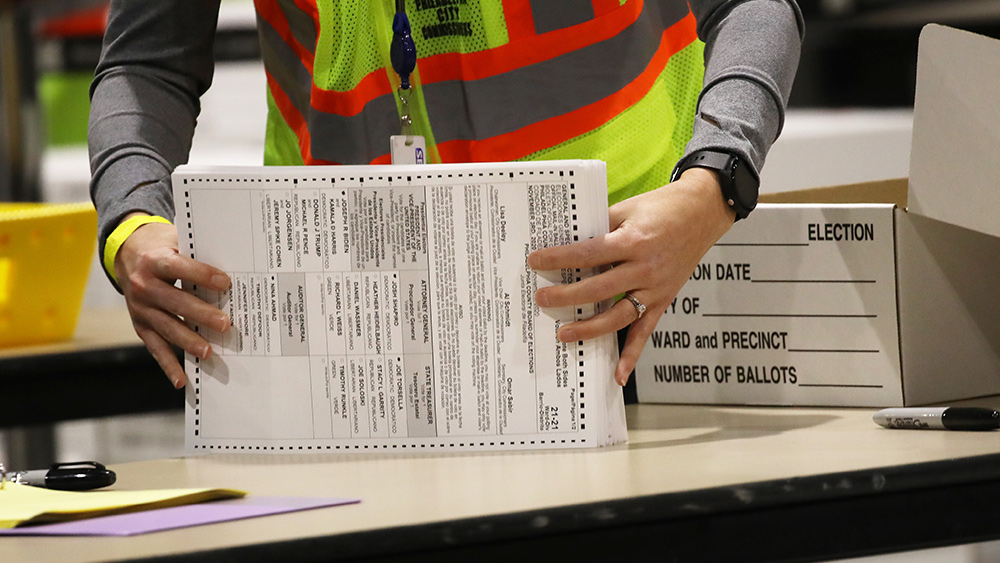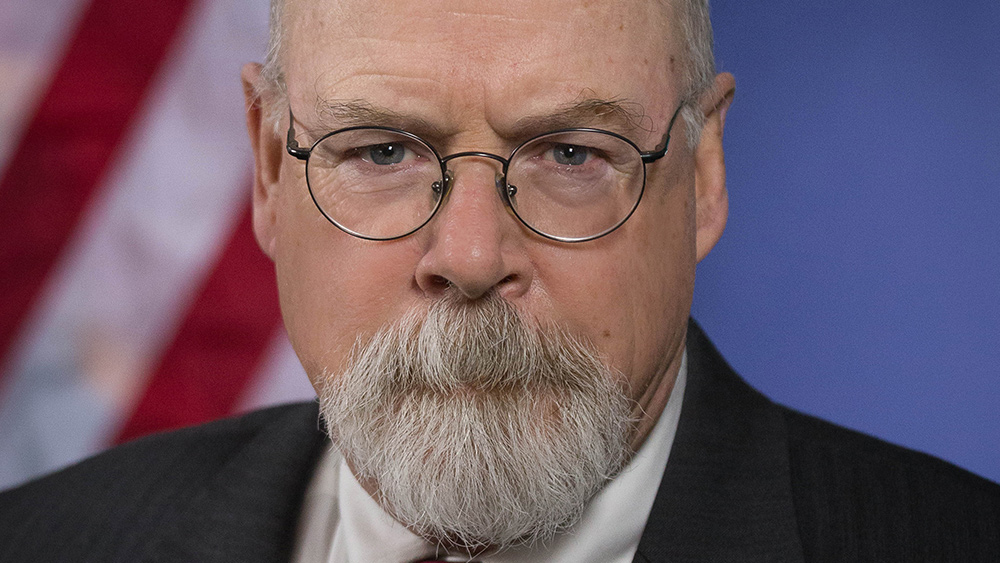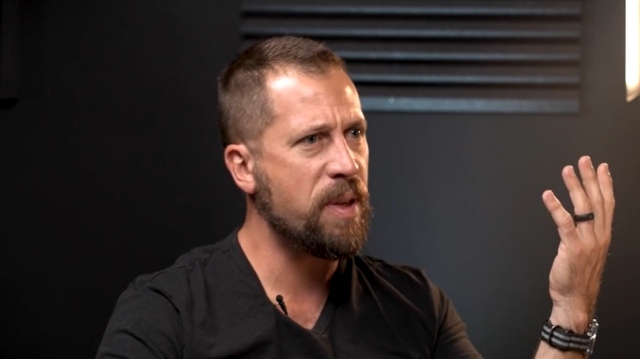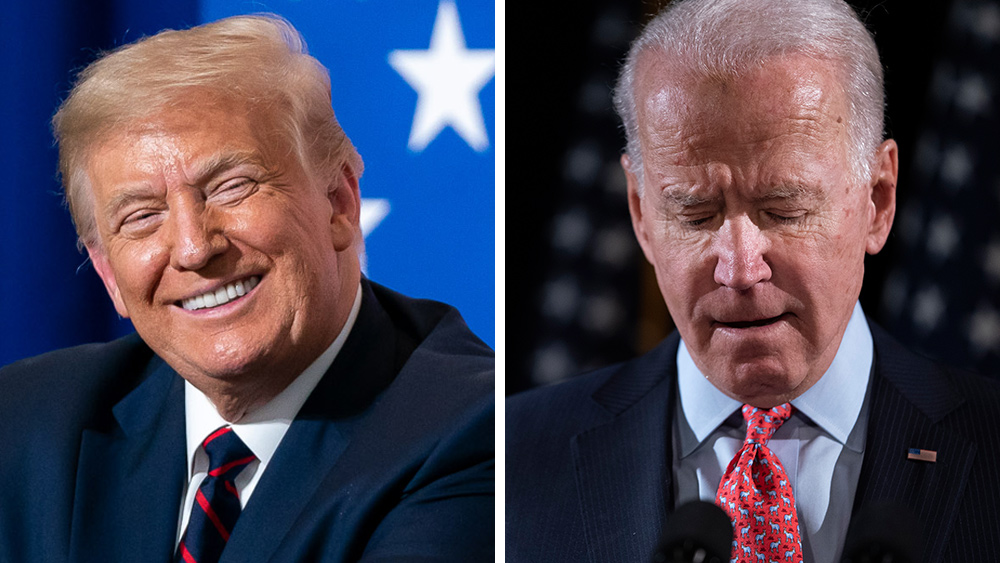Donald Trump Goes ‘All-In.’ How Will Clinton Respond?
07/22/2016 / By trumpnews
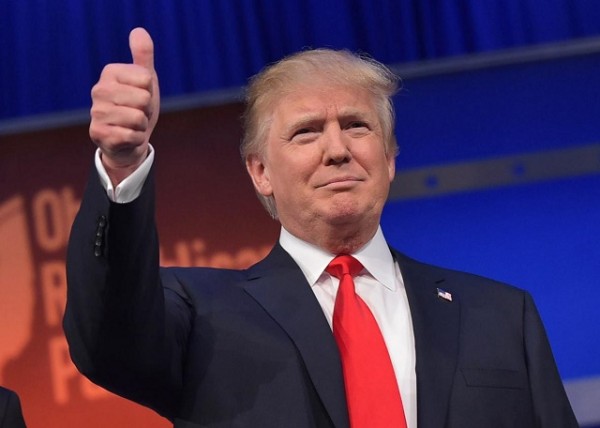
CLEVELAND — No matter what happens between now and the election on Nov. 8, Donald Trump’s dark and defiant acceptance speech on Thursday will probably be remembered as a pivotal moment in American political history. If Trump wins the election — an increasing possibility based on recent polls — the speech will serve as proof that he did so as an explicitly nationalist and populist candidate, having stirred up support in a country that has historically resisted such movements. If Trump loses to Hillary Clinton, especially by a wide margin, the speech will probably be seen as an historic debacle, the hallmark of a convention that went wrong from start to finish. Either way, the Republican Party might never be the same.
(Article by Nate Silver)
Trump delivered a long and loud address that violated most of the normal rules of acceptance speeches. The speech, and the Republican convention overall, made only perfunctory efforts to appeal to voters who weren’t already aboard the Trump train. It had no magnanimous gestures to Trump’s vanquished Republican rivals. It contained a fair bit of bragging, but not much autobiographical detail. It contained no laundry list of policy positions. Most strikingly, it was unrelentingly pessimistic, whereas acceptance speeches usually aim to soften the blow.
But Trump has broken a lot of rules and gotten away with it, and it will be a few days before we’ll have a sense of Trump’s convention bounce and a few weeks before we can reliably say how the conventions have affected the election overall. Given what Trump accomplished in the primaries, it’s probably prudent to avoid making too many assumptions in the meantime.
However, Trump is at a potential tactical disadvantage because he’s now committed to a strategy, whereas Democrats get to make the next move at their convention next week. Broadly speaking, Clinton can pick between a 1964 strategy and a 2012 strategy. By a 1964 strategy, I mean that Clinton could seek to portray Trump as unfit for office, as Lyndon Baines Johnsondid to Barry Goldwater. Such a strategy might entail making a relatively “safe” vice presidential pick, perhaps one with national security credentials. It wouldn’t necessarily deny that the world had become more chaotic; instead, it would turn the argument around by suggesting that the chaos required Clinton’s steady hand on the tiller.
The 2012 strategy would emulate Barack Obama’s successful re-election bid, and would operate on the assumption that Democrats have a larger base than Republicans do, provided that they turn out their voters. It would make a more vigorous defense of Obama’s accomplishments and of the condition of the country overall, instead of buying into Trump’s premise that things were going badly. It might involve making a more left-wing VP pick.
I have no idea which strategy is better, and I think there’s some risk to Clinton in getting caught in between them. But mostly I think that Trump has raised the stakes of the election. His speech made clear that if he becomes president, it won’t be as a “generic Republican” but on his own terms.
Read more at: fivethirtyeight.com
Submit a correction >>
Tagged Under:
Donald Trump, elections, GOP, Nationalism
This article may contain statements that reflect the opinion of the author
RECENT NEWS & ARTICLES
Trump.News is a fact-based public education website published by Trump News Features, LLC.
All content copyright © 2018 by Trump News Features, LLC.
Contact Us with Tips or Corrections
All trademarks, registered trademarks and servicemarks mentioned on this site are the property of their respective owners.


